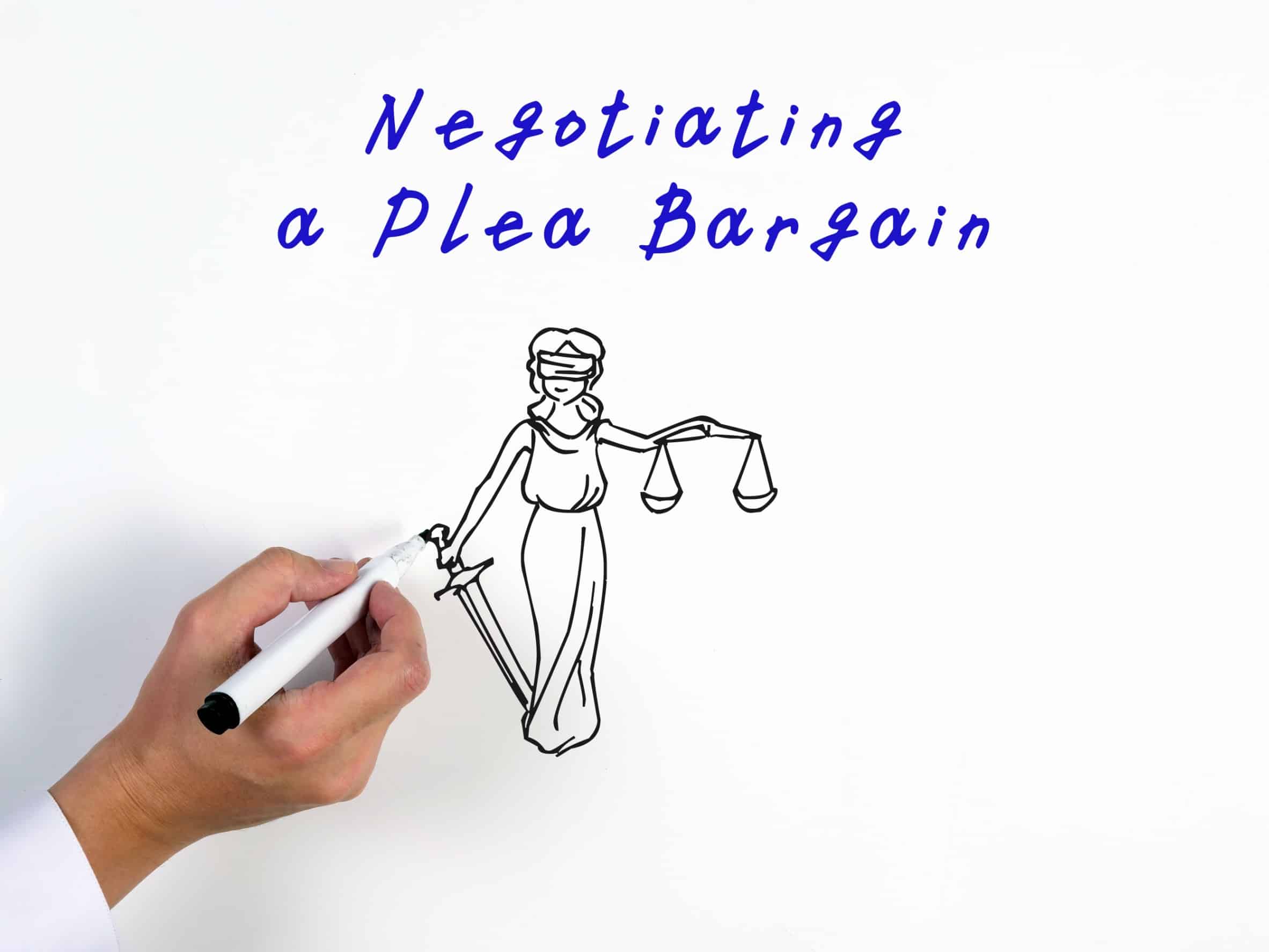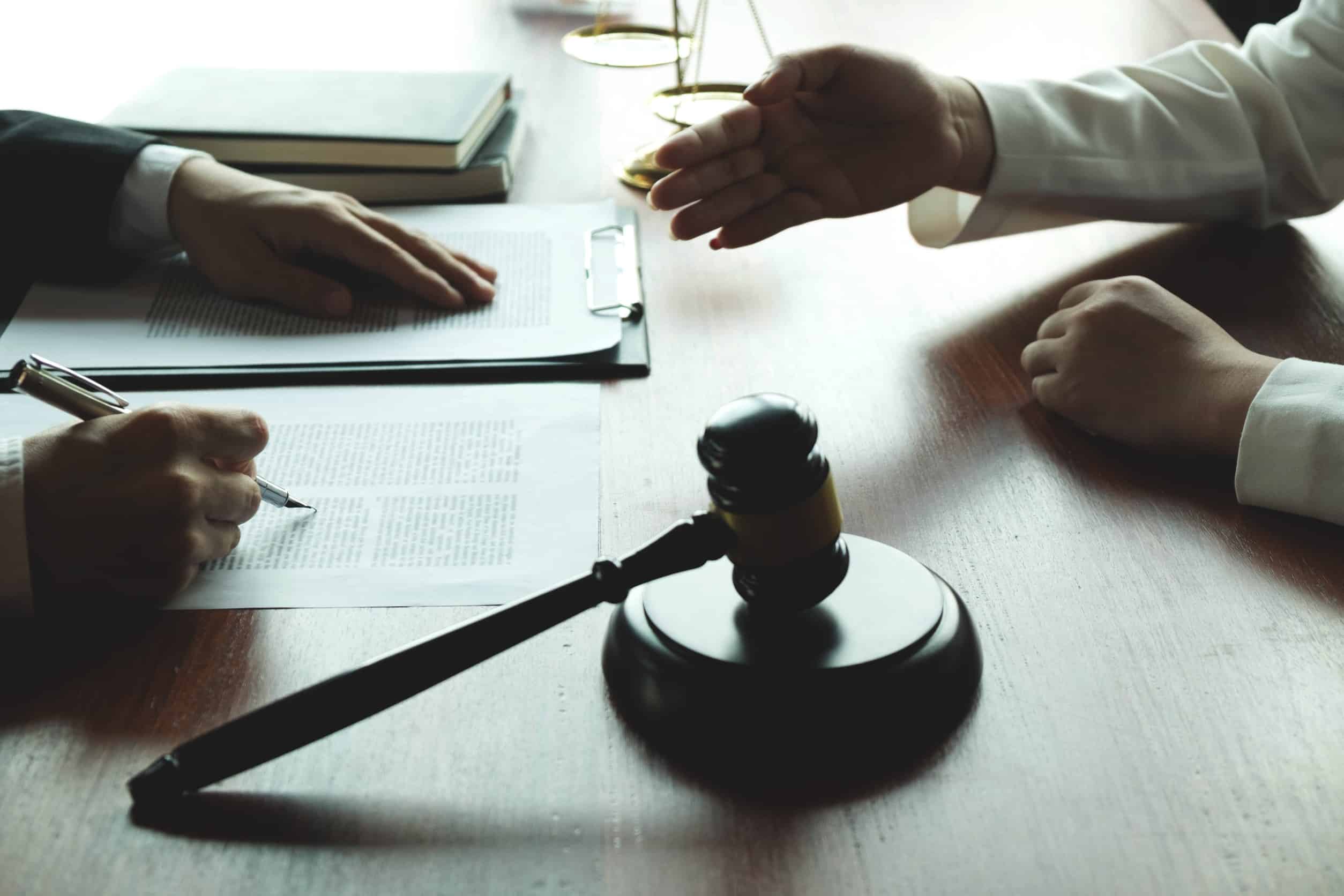A plea bargain is a legal agreement between the prosecution and the defense in criminal cases. It allows the defendant to plead guilty or no contest to a lesser charge or a reduced sentence in exchange for a concession from the prosecution. While plea bargains can be a good option in certain circumstances, they can also be complex and overwhelming for people facing criminal charges.
At Keyser Law P.A., our attorneys can guide you through the plea bargaining process, ensuring your rights are protected and you make informed decisions every step of the way.
Types of Plea Bargains
The purpose of a plea bargain is to end the case without requiring a trial. By reaching a mutually acceptable deal, both the defendant and the prosecution save time, resources, and the uncertainty of taking a case to court. There are three primary types of plea bargains:
Charge Bargaining
Charge bargaining involves negotiating a plea deal where the defendant agrees to plead guilty to a lesser charge than the one initially filed by the prosecution. For example, if someone is charged with a first-degree felony, they may have the opportunity to plead guilty to a reduced second-degree felony charge. This plea bargain allows the defendant to avoid more severe penalties associated with the original charge.
Sentence Bargaining
Sentence bargaining focuses on negotiating a reduced sentence in exchange for a guilty plea. In this type of plea bargain, the defendant admits their guilt but seeks a more lenient punishment. For example, someone facing a lengthy prison sentence may agree to plead guilty in exchange for a shorter period of incarceration or the possibility of probation.
Fact Bargaining
Count bargaining involves reducing the number of charges against the defendant in exchange for a guilty plea. For instance, someone facing multiple charges for related offenses may be offered a plea deal to plead guilty to a single charge, thereby avoiding the need for separate trials on each count.
The Process of Plea Bargaining
The plea bargaining process starts when the defense lawyer and prosecutor sit down to discuss the case. The defense lawyer first looks at all the evidence to determine how strong or weak the prosecutor’s case is. This helps them decide what kind of deal to ask for or whether to accept the prosecutor’s offer.
If both sides think they can make a deal, they work out the details. The main parts of the deal are simple: the defendant agrees to plead guilty to certain charges, and in return, the prosecutor offers something in exchange. Usually, this means the prosecutor might lower the charges to something less serious, suggest a shorter sentence, or drop some of the charges entirely.
Before anything becomes final, a judge has to approve the deal. The judge’s job is to ensure that the deal is fair and that no one is taking advantage of the defendant. They also check that the defendant understands what they’re agreeing to and that all their legal rights are being protected.
These deals can happen at different times during a criminal case. Most often, plea bargains happen before the trial starts, but sometimes, things change during a trial, making both sides want to make a deal. For example, new evidence might emerge, or a key witness might change their story.
Factors to Consider in a Plea Bargain
Accepting a plea bargain is a significant decision that should never be taken lightly. Key factors to consider include the following:
Strength of the Prosecution’s Case
Assessing the strength of the prosecution’s case is essential in determining whether accepting a plea bargain is the best course of action. If the evidence against you is overwhelming, securing a plea deal may result in a more favorable outcome than risking a conviction at trial.
Potential Consequences of Going to Trial
Going to trial can be a risky endeavor. If convicted, defendants often face more severe penalties than those offered in a plea bargain. Additionally, trial proceedings can be expensive, time-consuming, and emotionally draining.
Individual Circumstances
Every case is unique, and individual circumstances play a significant role in determining the viability of a plea bargain. Factors such as a defendant’s criminal history, the nature of the offense, and the impact on victims can influence the negotiation process.
How a Minneapolis Defense Lawyer Can Help with Plea Bargains?
A plea bargain can be a valuable tool for resolving criminal charges, but it’s not the right choice for everyone. The decision to accept a plea bargain depends on the unique circumstances of your case, including the evidence, potential penalties, and priorities. Importantly, you should never enter into a plea bargain without consulting with a qualified lawyer.
At Keyser Law P.A., our criminal defense attorneys are committed to providing personalized guidance and dedicated representation throughout the plea bargaining process. We understand what’s at stake and will work tirelessly to protect your rights and secure the best possible outcome for your case. If you’re facing criminal charges and want to explore your legal options, dial (612) 338-5007 or visit our website for a confidential consultation.








